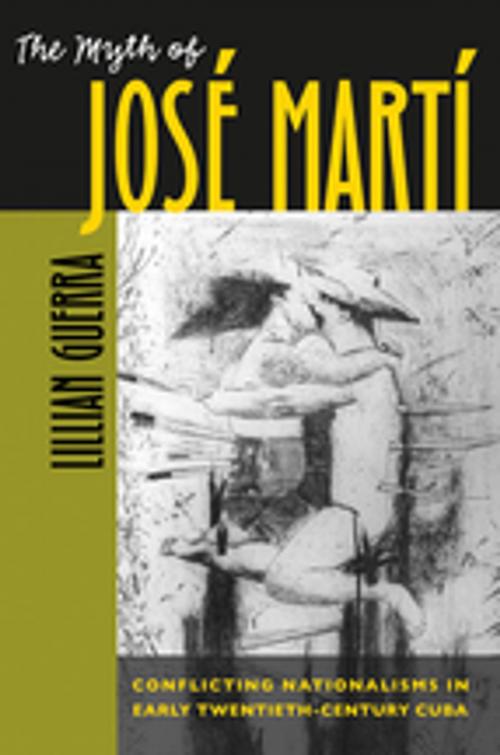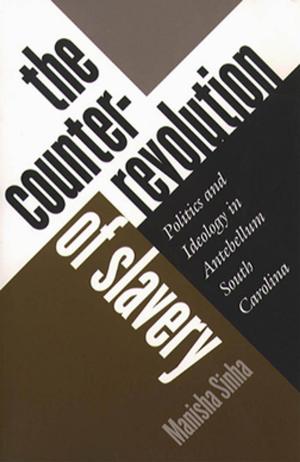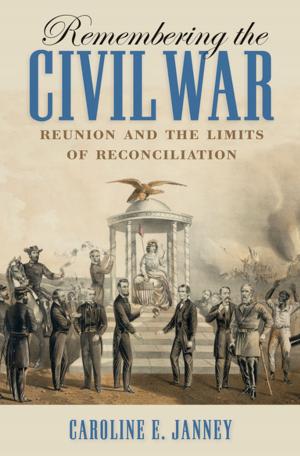The Myth of José Martí
Conflicting Nationalisms in Early Twentieth-Century Cuba
Fiction & Literature, Literary Theory & Criticism, Caribbean & West Indian, Nonfiction, Social & Cultural Studies, Political Science| Author: | Lillian Guerra | ISBN: | 9780807876381 |
| Publisher: | The University of North Carolina Press | Publication: | March 13, 2006 |
| Imprint: | The University of North Carolina Press | Language: | English |
| Author: | Lillian Guerra |
| ISBN: | 9780807876381 |
| Publisher: | The University of North Carolina Press |
| Publication: | March 13, 2006 |
| Imprint: | The University of North Carolina Press |
| Language: | English |
Focusing on a period of history rocked by four armed movements, Lillian Guerra traces the origins of Cubans' struggles to determine the meaning of their identity and the character of the state, from Cuba's last war of independence in 1895 to the consolidation of U.S. neocolonial hegemony in 1921. Guerra argues that political violence and competing interpretations of the "social unity" proposed by Cuba's revolutionary patriot, Jose Marti, reveal conflicting visions of the nation--visions that differ in their ideological radicalism and in how they cast Cuba's relationship with the United States.
As Guerra explains, some nationalists supported incorporating foreign investment and values, while others sought social change through the application of an authoritarian model of electoral politics; still others sought a democratic government with social and economic justice. But for all factions, the image of Marti became the principal means by which Cubans attacked, policed, and discredited one another to preserve their own vision over others'. Guerra's examination demonstrates how competing historical memories and battles for control of a weak state explain why polarity, rather than consensus on the idea of the "nation" and the character of the Cuban state, came to define Cuban politics throughout the twentieth century.
Focusing on a period of history rocked by four armed movements, Lillian Guerra traces the origins of Cubans' struggles to determine the meaning of their identity and the character of the state, from Cuba's last war of independence in 1895 to the consolidation of U.S. neocolonial hegemony in 1921. Guerra argues that political violence and competing interpretations of the "social unity" proposed by Cuba's revolutionary patriot, Jose Marti, reveal conflicting visions of the nation--visions that differ in their ideological radicalism and in how they cast Cuba's relationship with the United States.
As Guerra explains, some nationalists supported incorporating foreign investment and values, while others sought social change through the application of an authoritarian model of electoral politics; still others sought a democratic government with social and economic justice. But for all factions, the image of Marti became the principal means by which Cubans attacked, policed, and discredited one another to preserve their own vision over others'. Guerra's examination demonstrates how competing historical memories and battles for control of a weak state explain why polarity, rather than consensus on the idea of the "nation" and the character of the Cuban state, came to define Cuban politics throughout the twentieth century.















